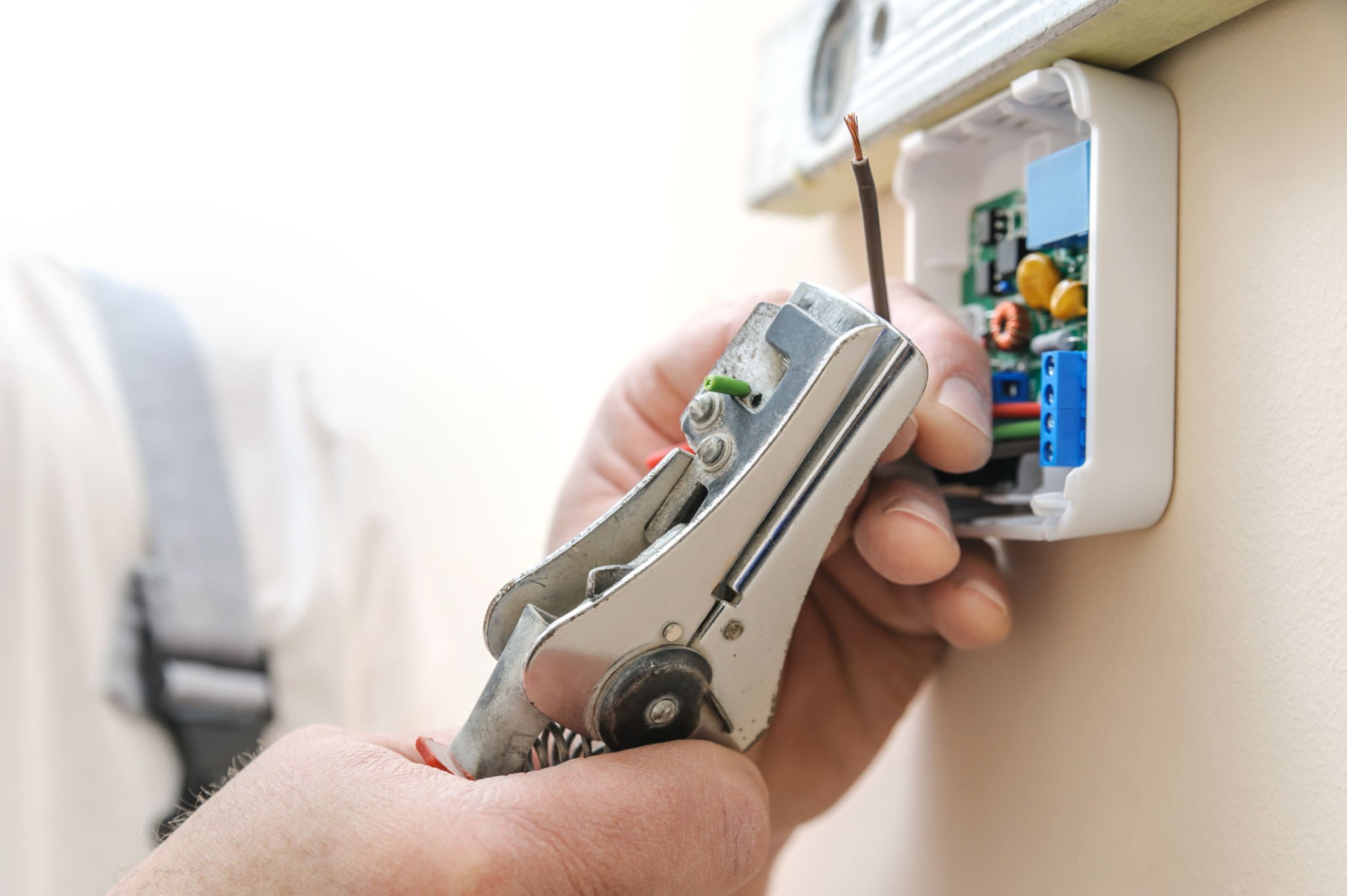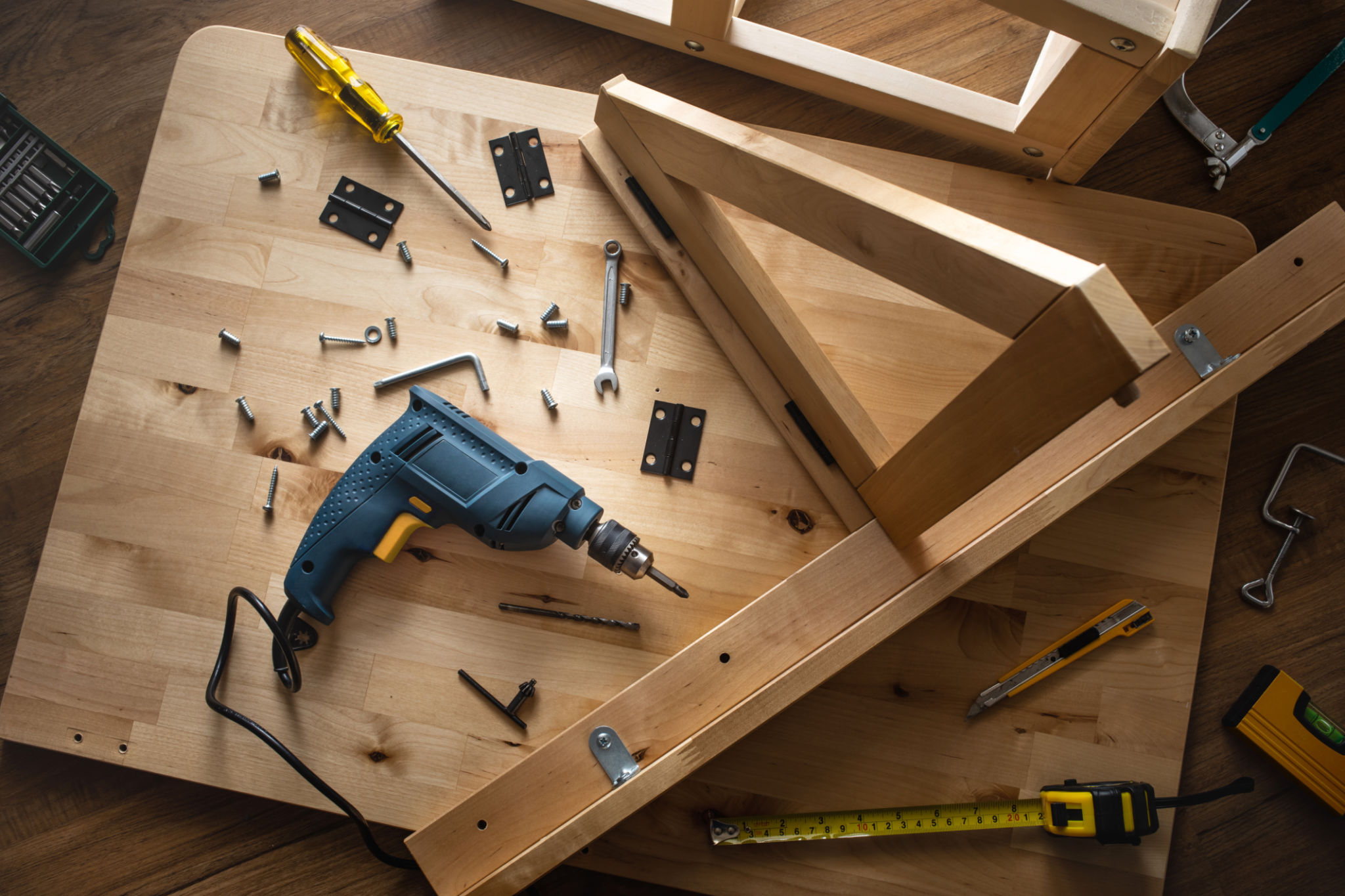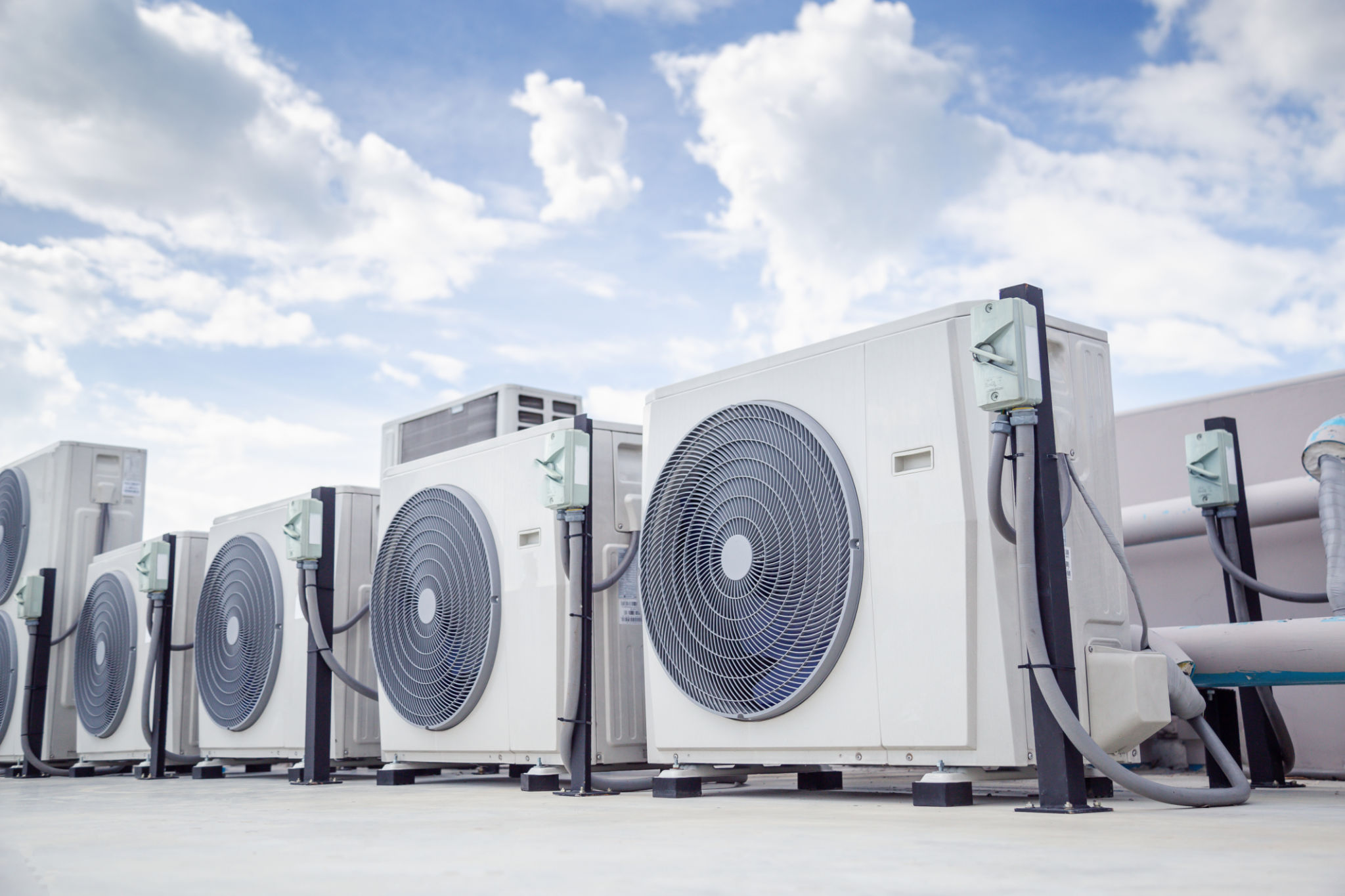The Ultimate Guide to Thermostat Installation and Replacement in Arizona
RA
Understanding the Importance of a Thermostat
In the sweltering heat of Arizona, maintaining an optimal indoor climate is crucial for comfort and energy efficiency. A well-functioning thermostat is essential in controlling your heating and cooling systems efficiently. Whether you're installing a thermostat for the first time or replacing an outdated model, understanding the process can save you time and money.
Thermostats not only regulate the temperature but also play a significant role in energy conservation. Modern thermostats offer programmable features that allow homeowners to schedule temperature changes according to their routines, leading to reduced energy bills.

Choosing the Right Thermostat
Selecting the right thermostat for your home involves considering several factors. First, evaluate whether you need a programmable or non-programmable thermostat. Programmable models are ideal for those with predictable schedules, while non-programmable ones may suit smaller households with varying routines.
Another important consideration is compatibility with your current HVAC system. Ensure that the thermostat you choose supports your heating and cooling setup. Smart thermostats have become increasingly popular due to their advanced features, such as remote access and integration with smart home systems.
Types of Thermostats
- Programmable Thermostats: Allow for setting different temperatures at various times of the day.
- Non-Programmable Thermostats: Manual settings for those who prefer simplicity.
- Smart Thermostats: Offer connectivity and automation for advanced control.

Steps to Install a Thermostat
Installing a thermostat might seem daunting, but with the right tools and guidance, it can be a straightforward process. Before you begin, gather the necessary tools such as screwdrivers, wire strippers, and a drill if needed.
- Turn off power: Safety first! Ensure that the power to your HVAC system is turned off to prevent electrical hazards.
- Remove the old thermostat: Carefully detach the old unit from the wall, noting where each wire connects.
- Install the new thermostat: Follow the manufacturer's instructions to mount and wire the new thermostat securely.
- Test the new setup: Once installed, turn the power back on and check if the thermostat is functioning correctly.

Troubleshooting Common Issues
After installation, you might encounter some issues such as incorrect temperature readings or connectivity problems with smart thermostats. If your thermostat is not responding or displaying errors, check the wiring connections and ensure proper power supply.
For smart thermostats, connectivity issues can often be resolved by rebooting the device or checking your Wi-Fi connection. Always refer to the user manual or contact customer support for persistent issues.
The Benefits of Professional Installation
While DIY installation can be rewarding, hiring a professional ensures that your thermostat is set up correctly and efficiently. Professionals have the expertise to handle complex wiring and can provide valuable advice on optimal settings for energy savings.
In Arizona's challenging climate, a professionally installed thermostat can make a significant difference in maintaining comfort and reducing utility costs. Consider consulting with an HVAC expert if you're unsure about any aspect of the installation process.

